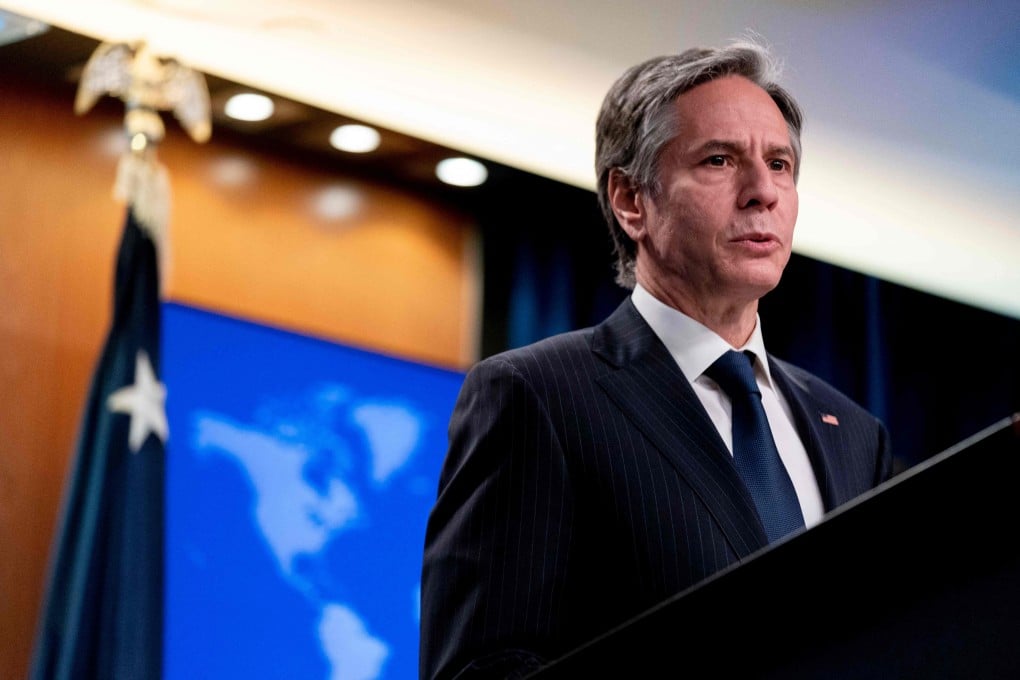Advertisement
Is the Biden team still using Trump’s China threat playbook in Africa?
- US officials continue to caution about the debt-trap risks from Chinese loans
- The approach is much the same but there are some breaks with the past, observers say
4-MIN READ4-MIN
60

When Joe Biden was sworn in as US president more than three months ago, observers expected the official American script on China’s influence in Africa would change.
China is Africa’s biggest trading partner and bilateral lender, and the administration of former US president Donald Trump had aggressively pursued the “debt trap” narrative, accusing Beijing of burdening countries on the continent with loans that they could never repay.
But the new team in Washington have so far showed little sign of deviating from their predecessors, according to some observers.
Advertisement
One of the clearest signals came last month in a virtual meeting between African students and US Secretary of State Antony Blinken.
Blinken cautioned Africa to beware of China’s growing role, particularly when it came to debt.
Advertisement
“Assuming too much debt becomes an unsustainable burden on countries, and then they face an incredibly hard choice between having to pay it back and probably pay it back in ways that take resources away from the people, or hand over whatever the investment was to whoever made the investment and owns the debt,” he said.
Advertisement
Select Voice
Select Speed
1.00x